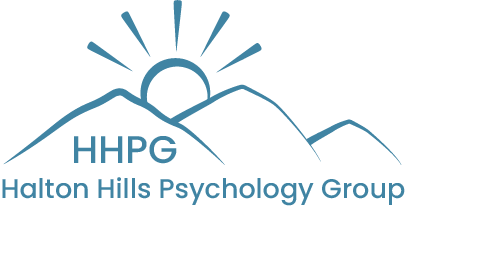
Psychoeducational Assessments
What is a psychoeducational assessment?
Psychoeducational assessments are a comprehensive psychological evaluation of an individual's cognitive abilities (e.g., memory, problem solving, executive functions, etc.), academic skills, and social-behaviour-emotion functioning. These assessments can help provide diagnostic clarification (e.g., learning disorder, ADHD, intellectual disability, etc.) and perhaps more importantly, recommendations for the individual, school staff, family members, etc. to help address the areas of concern by capitalizing on strengths.

Signs that a psychoeducational assessment could be needed
Delays in development of academic skills despite effort and supports in place
Increasingly negative attitude towards school
If your child believes they are “bad at school” or that everyone else is better than them
An increase in negative, disruptive, or aggressive behaviour in school or at home
If a child is expressing negative, aggressive, or disruptive behaviour at school but rarely at home except when doing homework, this may be a sign they may have a learning disability as opposed to a behavioural issue.
However, it is very important to note that this does not constitute an official diagnosis. Rather, these signs are indicators that your child may need a psychoeducational assessment.
These signs may not show up until later years
It is common for children to “hide” their need for help by intentionally or unintentionally compensating for their weaknesses. This is most apparent in the initial years of education as there is greater leniency, more assistance provided, and a wider range in the average performance of students. As workload and level of education increases, it becomes more difficult for children to mask their weaknesses and gaps in educational performance start to become more apparent.
The use of technology is one way that younger students are able to mask their educational weaknesses as technology becomes more prevalent in early age learning. Use of technology for educational purposes is extremely beneficial, however, it can often be used as a crutch and potentially contribute further to a young student’s weaknesses.

Who can benefit from a psychoeducational assessment?
Any age can benefit from this type of assessment and it is never “too late”. Even if your child is in the transition from their educational to professional career, learning one’s weaknesses can allow for a more fulfilling and productive life.
The earlier on in a child's educational career that “weaknesses” and “strengths” can be identified, the more likely it is to find the most appropriate solutions to focus on. There are many ways of assisting a child with cognitive, social, or behavioural difficulties such as: increased assistance in the classroom, additional programs in and out of school etc. All of these options are best done early in a child's educational career as they will have ample time to adjust and improve and will lead to an overall better educational experience. However, often times assessments or reassessments in later years (e.g., transitioning to high school or post-secondary education) can be beneficial.
When is it best to have a psychoeducational assessment done?
A large part of completing a psychoeducational assessment is the ability to help in accessing academic support programs within your child's school. Although assessments can certainly be helpful at any point in the year, starting off a new school year with a completed assessment can setup the year for success.
Due to this, the best time to have this assessment performed would be spring or early summer as the assessment itself can take some time. Depending on the results and recommendation in a psychoeducational assessment, your child's school may develop an Individual Education Plan (IEP) which can take some time for development and review. This means if the psychoeducational assessment is completed in late summer or fall, the school will generally not be able to complete the process of developing an IEP for that same school year.

